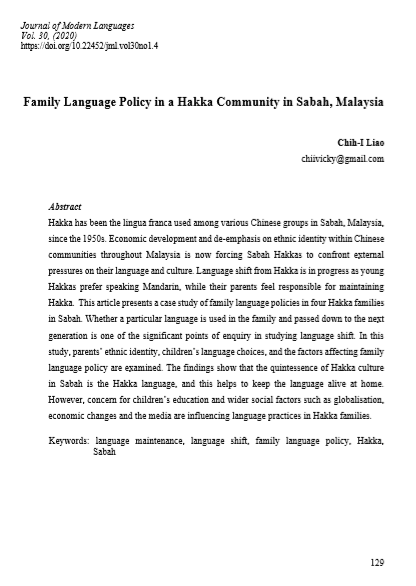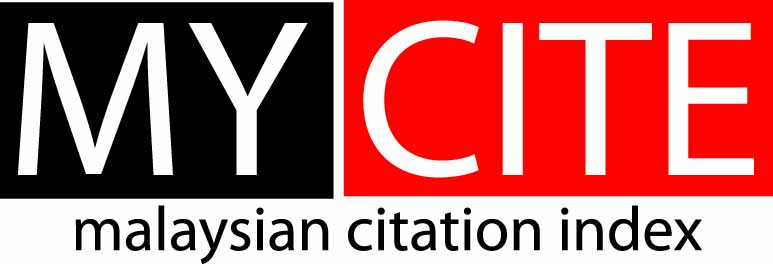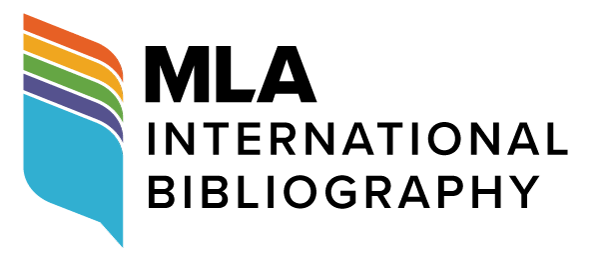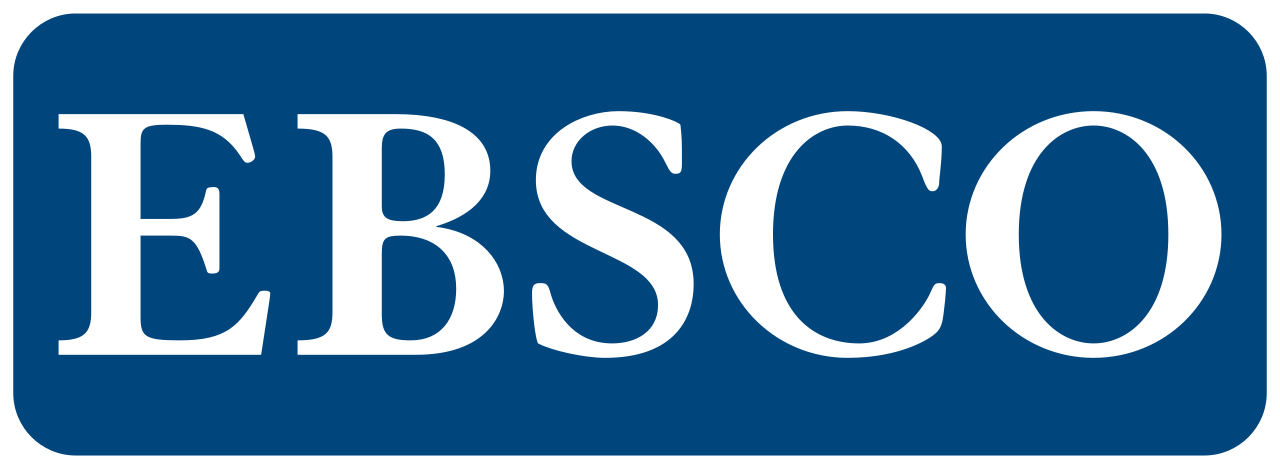Family Language Policy in a Hakka Community in Sabah, Malaysia
DOI:
https://doi.org/10.22452/jml.vol30no1.4Keywords:
language maintenance, language shift, family language policy, Hakka, SabahAbstract
Hakka has been the lingua franca used among various Chinese groups in Sabah, Malaysia, since the 1950s. Economic development and de-emphasis on ethnic identity within Chinese communities throughout Malaysia is now forcing Sabah Hakkas to confront external pressures on their language and culture. Language shift from Hakka is in progress as young Hakkas prefer speaking Mandarin, while their parents feel responsible for maintaining Hakka. This article presents a case study of family language policies in four Hakka families in Sabah. Whether a particular language is used in the family and passed down to the next generation is one of the significant points of enquiry in studying language shift. In this study, parents’ ethnic identity, children’s language choices, and the factors affecting family language policy are examined. The findings show that the quintessence of Hakka culture in Sabah is the Hakka language, and this helps to keep the language alive at home. However, concern for children’s education and wider social factors such as globalisation, economic changes and the media are influencing language practices in Hakka families.
Downloads












